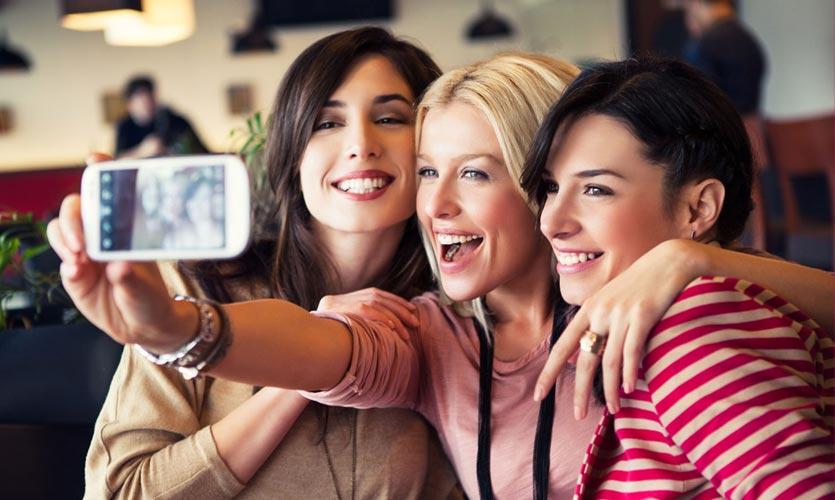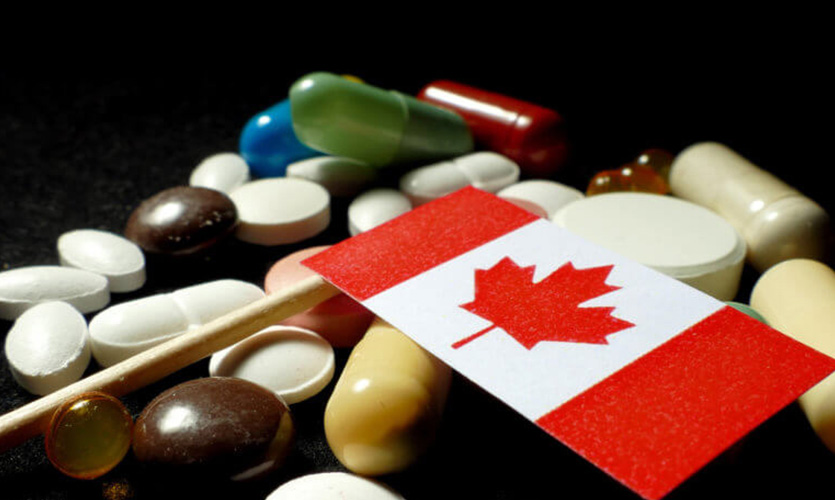Researchers have discovered that cellphone selfies can distort facial features, possibly igniting an increase in requests for plastic surgery. The research was reported in the journal ‘Plastic & Reconstructive Surgery’.
“If young people rely solely on selfies as their guide, they may be coming to plastic surgeons to fix problems that don’t exist beyond the world of social media,” said study leader Dr Bardia Amirlak, associate professor of plastic surgery at UT Southwestern. He explained that patients have been using pictures clicked with a phone’s camera to discuss their goals with a plastic surgeon. He added that there is a documented connection between the rising trend in selfie pics and an increase in requests for rhinoplasty (nose surgery), particularly among younger patients.
Dr Amirlak and his colleagues worked with 30 volunteers – 23 women and seven men – to investigate how selfies might alter one’s appearance.
The researchers photographed each person three times: once each from 12 inches and 18 inches away, with a cellphone, to simulate selfies taken with a bent or straight arm; and once from 5 feet away, with a digital single-lens reflex camera commonly used in plastic surgery clinics. The three photographs were taken in the same sitting, under standard lighting conditions.
The selfies were distorted significantly. In comparison to the standard clinical photograph, the nose appeared 6.4 percent and 4.3 percent longer on selfies taken from 12 inches and 18 inches far, respectively.
According to Carrie McAdams, associate professor of psychiatry at UT Southwestern, these distorted images can have a long-term impact on how selfie-takers perceive themselves. “Adolescents and young adults are expected to develop a stable sense of self-identity, which is a neurodevelopmental process related to comparing oneself to others. Unfortunately, when making those comparisons, selfies emphasise the physical aspects of oneself and have been linked to lower self-esteem, lower mood, and increased body dissatisfaction,” she said.
Read more: Why Are Women More Likely To Face Sleeping Problems, Anxiety, And Hair Loss?
“Many changes in our society, including selfies, social media, and COVID-19 isolation, have resulted in increasing rates of mental health problems in this age group, including depression, anxiety, addiction, and eating disorders,” she added.
Dr Amirlak suggested that since the images were taken with a single brand of cellphone, future research should look into how common this phenomenon is across different phones. “As selfie photography gains popularity, it’s critical to understand how they distort facial features and how patients use them to communicate,” the researchers concluded.










